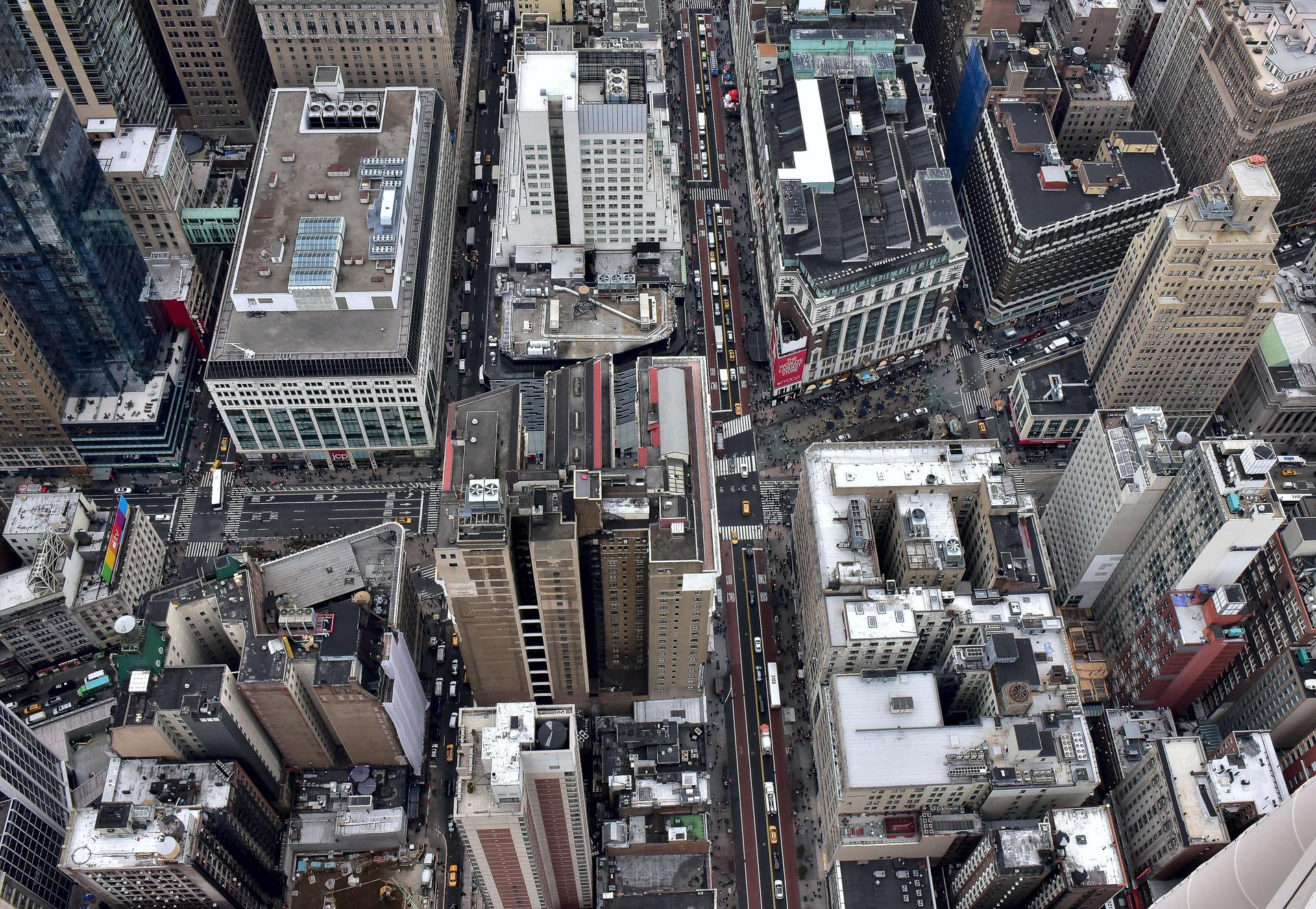
States with the Weakest Human Trafficking Laws
The Trafficking Victims Protection Act of 2000 (TVPA) is arguably the most important anti-trafficking law ever passed. Updated and reauthorized every two years, the TVPA defines a human trafficking victim as a person “induced to perform labor or a commercial sex act through force, fraud, or coercion.” Any person under the age of 18 who performs a commercial sex act is considered to be a victim of human trafficking, “regardless of whether force, fraud or coercion was present.” Under the TVPA, a convicted human trafficker faces anywhere from 15 years to life in prison. The federal government regularly indicts and convicts human traffickers in the federal courts. Since the TVPA only applies to federal cases, each state is responsible to enact its own legislation to handle cases within the state. All 50 states and DC have passed anti-trafficking laws. However, not all laws are created equal. The Polaris Project dubs Wyoming, Arkansas, Montana and South Dakota the “faltering four” states that have weakest anti-trafficking laws.
Wyoming
Wyoming is the very last state to ban human trafficking. On February 28, 2013, under severe pressure from human rights groups, Wyoming signed bill 133 into law. Prior to last month, the state has also excluded any singular law to abate the commercial sexual exploitation of children, leaving buyers of sex with minors largely under prosecuted and undeterred. Even with the passing of anti-trafficking law, there is nothing in Wyoming state law that even differentiates between commercial sex with a minor versus an adult. If an adult is caught soliciting a prostitute, regardless of the age of the person, the consequence is a $750 fine or 6 months in jail.
Arkansas
Arkansas has one of the weakest child protection laws in the country. All states have commercial sexual exploitation of children (CSEC) laws. Arkansas has the distinct dishonor of enforcing a CSEC law that does not refer to the trafficking of persons law to identify minor victims of sex trafficking. This means only the person who engaged in a sexual act with a child will be prosecuted instead of the pimp or trafficker who forced the child into prostitution. In fact, under current Arkansas law, a John could solicit sex from a person of any age and the consequence is a maximum of a $1,000 fine or 90 days in prison. Arkansas has recently been circulating a bill in the house to toughen the state human trafficking laws by increasing jail time for traffickers and sex solicitors. Unsurprisingly, the new bill makes no mention of special treatment for minor sex trafficking victims or solicitors.
Montana
Montana has some of the most lenient jail sentences for human traffickers in the country. Under the federal TVPA, a convicted sex trafficker receives a sentence of 15 years to life. In the state of Montana, the same convicted sex trafficker faces a maximum of 15 years in prison or up to a $100,000 fine. The lowest prison sentence for human traffickers on the federal level is the same as the highest state prison sentence in Montana. In addition to weak prison sentences for traffickers, victims of minor sex trafficking have an additional hoop to jump through. Under Montana state law, minor sex trafficking victims are not covered under the “rape shield” act which is in place so that victims under the age of 16 do not have to face their attackers in court. Since this act only covers victims of sexual offenses, minor victims are often forced to face their traffickers in court as they are technically not the Johns who participated in the sex act.
South Dakota
South Dakota is the only state in the “faltering four” that contains provisions in its anti-trafficking laws for solicitation of a minor under the age of 16. However, much like Montana, the “rape shield” laws provide a deterrent to convicting human traffickers, as victims over the age of 12 are not covered under the law and must testify against their traffickers. The gap in South Dakota legislation is serving to re-traumatize the underage survivors of human trafficking. South Dakota is also one of the only states that does not have a law criminalizing sex tourism. South Dakota also does not require its law enforcement officers to undergo any type of training for identifying and helping human trafficking victims.
For more information on the “faltering four” states, please visit the Polaris Project website.To see how your state ranks, Shared Hope International recently released a detailed report for all 50 states and DC. The Protect Innocence Challenge 2012 Report Cards provides a comprehensive evaluation of the human trafficking laws from each state.
